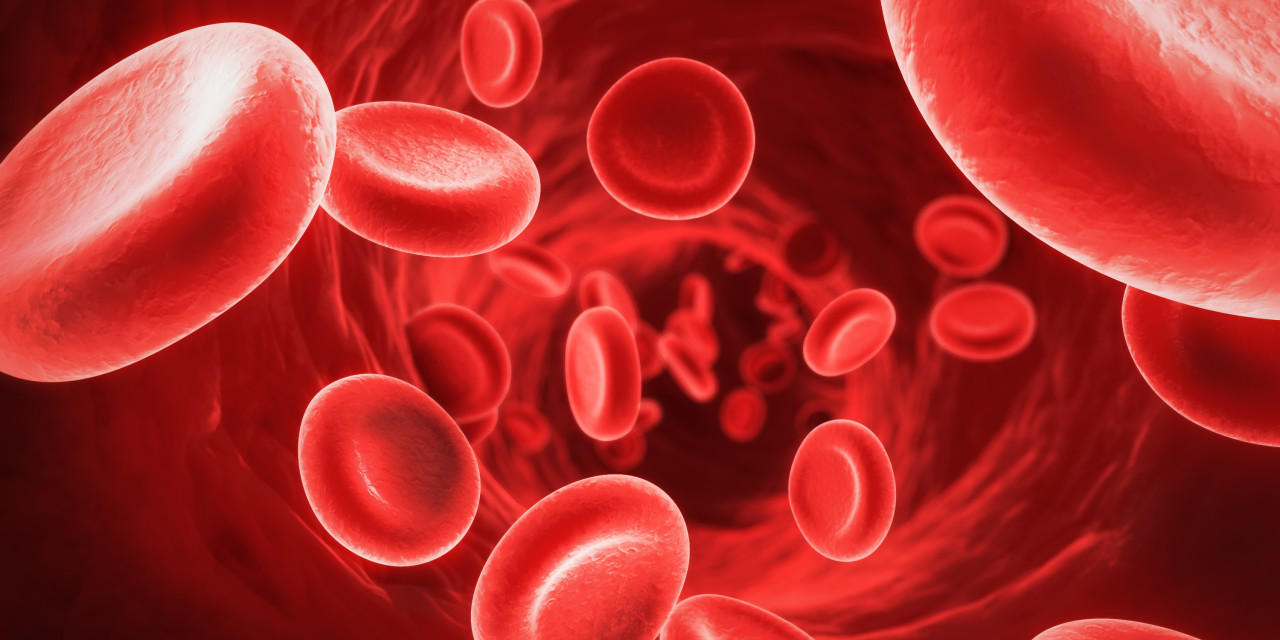What Causes Hemotympanum?
Hemotympanum is a condition that occurs when blood is inside the middle ear, trapped near the eardrum. This leads to symptoms like having trouble hearing and feeling pain or pressure inside the ear. There are many different causes of hemotympanum. When a patient is diagnosed with this condition, the doctor will typically investigate the cause so as to treat the patient appropriately. Diagnosing the cause of hemotympanum is often based on the accompanying symptoms, and the doctor must take into account whether the patient has recently experienced any injuries. Medications and diseases are also potential causes of hemotympanum. Often, head scans and hearing tests are done as diagnostic procedures.
Get the details behind major causes of hemotympanum now.
Certain Bleeding Disorders

Certain bleeding disorders can cause hemotympanum if they are not diagnosed or treated. Some examples of these bleeding disorders are hemophilia and thrombocytopenic purpura. Hemophilia is a genetic blood disorder that causes a lack of clotting factors in the blood, and thrombocytopenic purpura is a disease of the immune system. These diseases cause the blood to be unable to clot. This increases the risk of bleeding into the ears. If someone with hemophilia sneezes, they may start bleeding and get hemotympanum. These disorders are very serious, but there is not much a doctor can do about them besides check up on the patient every now and then.
Keep reading to learn more about the various causes of hemotympanum now.
Blood-Thinning Medication

Blood-thinning medication, also referred to as anticoagulants, is another potential source of hemotympanum. This type of medication is usually taken to prevent blood clots. Patients on blood thinners are often at an increased risk of stroke, heart attack, and other life-threatening medical conditions. Blood-thinning medications can be life-saving. However, bleeding is an unfortunately common side effect. Patients who take anticoagulants risk bleeding into their ears and getting hemotympanum. To decrease the risk of bleeding, anticoagulants should not be taken with nonsteroidal anti-inflammatories, antiplatelet drugs, or selective serotonin reuptake inhibitors. Patients should also avoid consuming gingko and large amounts of garlic while they are taking blood thinners.
Get the details on the next cause of hemotympanum now.
